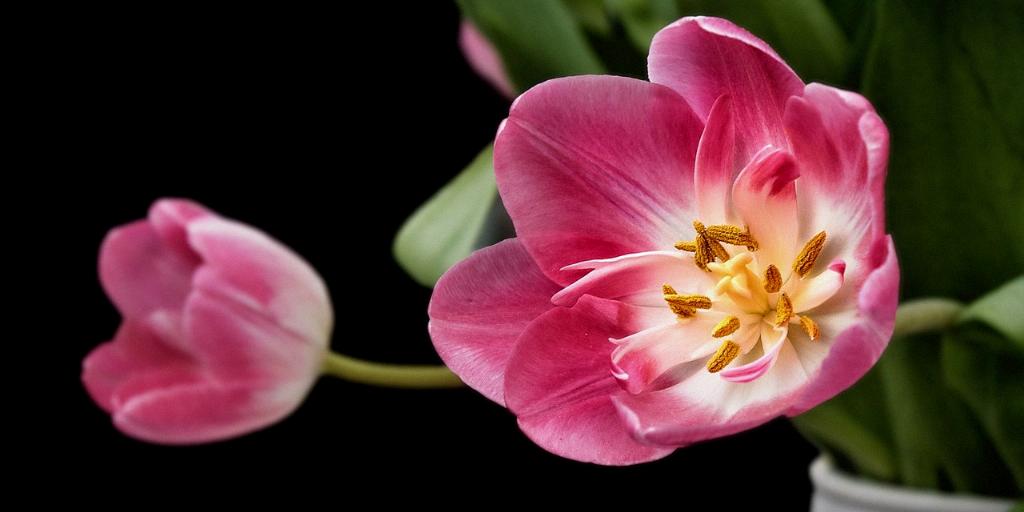When it comes to the fascinating world of gardening, one commonly asked question is whether tulips come back yearly. To unravel this mystery, it’s important to delve into the nature of tulips themselves. Tulips are classified as perennial flowers, meaning they have the potential to return and bloom year after year.
The Perennial Promise
On paper, tulips boast the coveted status of being perennials. This classification implies a cycle of growth, dormancy, and reblooming, promising a spectacular display of color each spring without fail. The allure of perenniality is what draws many gardeners to tulips in the first place.
The Reality Check
Despite their perennial classification, tulips have a tendency to throw a curveball in the garden. While the theoretical framework suggests that tulips should indeed come back yearly, the practical reality often deviates from this ideal scenario.
Navigating the Expectations
For the avid tulip enthusiast, managing expectations is key. While it’s true that tulips have the potential to return annually, it’s also important to acknowledge that this isn’t always a guarantee. Factors such as soil quality, climate conditions, and overall care play a significant role in determining the longevity of tulips in your garden.
The Annual Approach
Facing the unpredictability of tulips coming back each year, many gardeners opt for an annual approach. This involves treating tulips as though they were annuals, replanting them each fall to ensure a vibrant display of blooms in the spring.
Encouraging Perennial Persistence
While the annual strategy is a popular choice, there are ways to encourage the perennial persistence of tulips in your garden. Practices such as proper soil preparation, adequate watering, and timely deadheading can all contribute to increasing the chances of your tulips returning year after year.
Overcoming Challenges
Challenges such as pests, diseases, and adverse weather conditions can pose a threat to the longevity of tulips in your garden. By staying vigilant and implementing proactive measures, you can overcome these obstacles and create an environment that fosters the sustainable growth of your tulips.
A Gardener’s Dilemma
As a gardener, the dilemma of whether tulips will come back yearly can serve as a point of intrigue and uncertainty. Balancing the allure of perennial beauty with the practicalities of gardening requires a delicate touch and a willingness to adapt to the evolving needs of your floral companions.
The Joy of Tulip Cultivation
Regardless of the outcome, the joy of cultivating tulips lies in the process itself. The act of planting, nurturing, and witnessing the vibrant blooms of these exquisite flowers is a rewarding experience that transcends the mere question of annual or perennial returns.
Celebrating the Beauty of Tulips
Whether your tulips return yearly as steadfast perennials or require annual replanting as resilient annuals, the beauty they bring to your garden is undeniable. Embrace the unpredictability of nature and revel in the ever-changing tapestry of colors and shapes that tulips offer.
A Gardener’s Journey
As you embark on your journey with tulips, remember that the essence of gardening lies not just in the end result, but in the process itself. Each year brings new insights, challenges, and joys, shaping you into a more adept and appreciative steward of the natural world.
The Endless Cycle
So, do tulips come back yearly? The answer may vary, but what remains constant is the beauty, wonder, and resilience of these magnificent flowers. Whether they bloom for a single season or grace your garden year after year, tulips embody the eternal cycle of growth, renewal, and the enduring spirit of nature.

